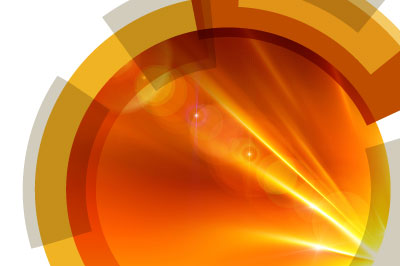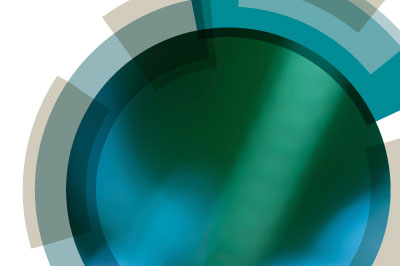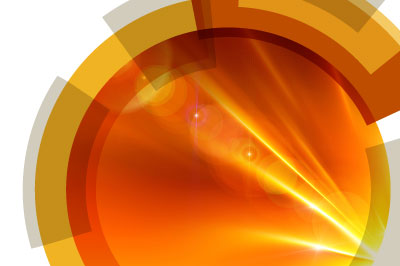Covid-19 has exposed us to a new reality where the virtual world is much more important than before. In order to keep our students engaged at the frontiers of Organic Chemistry, we have organized a weekly webinar series that is a joint collaboration between the Royal Society of Chemistry (RSC) and the Organic Chemistry Division of the Brazilian Chemical Society (SBQ). It is an alternative way to share work and interact with potential collaborators.
The sections will alternate between Brazilian and international speakers, in some cases with the opportunity for a selected Brazilian early career researcher to engage with the audience by presenting their recent independent career developments.
Programme
11:30 Introductions and welcome11:35 Early Career presentation with Q&A
11:55 Main Speaker with Q&A
12:55 Closing remarks
13:00 Close
Speakers
Prof. Dr. Carolina Horta AndradeArtificial Intelligence Platform for Accelerating Drug Discovery for Neglected and Emerging Diseases
Only ~1% of all drug candidates against Neglected Tropical Diseases (NTDs) have reached clinical trials in the last decades, underscoring the need for new, safe and effective treatments for these debilitating group of diseases. Artificial intelligence (AI) is a cutting-edge area of computational research that allows rapid identification of potentially active compounds with appropriate pharmacokinetic and toxicological properties, shortening the drug discovery process while leading to a higher success rate and reducing costs. Thus, combining drug discovery and AI approaches has the potential to transform drug discovery from a slow, sequential and high-risk process to a fast, integrated model with diminished risk of failure. In this talk, we will focus on an integrated platform based on using AI and both structure-based drug design (SBDD) and ligand-based drug design (LBDD) approaches to accelerate drug discovery for the treatment of NTDs and Emerging Diseases, such as Zika and COVID-19, by the identification of hits and leads suitable for optimization.
Prof Dr Igor Dias Jurberg
The Power of Conjugation: Visible Light-Mediated Transformations of Aryldiazoacetates
Since 2018, my group (and others) have reported that aryldiazoacetates can generate free carbene intermediates under blue light irradiation, being then engaged in a variety of transformations. Although the use of UV light to produce carbenes from diazo compounds has been known for many years, this change in wavelength is significant: it allows a number of important improvements, such as the use of more simplified and economical reaction set-ups; and milder reaction conditions. Currently, it is yet unclear how the reactivity and/or selectivity of carbenes generated by visible light irradiation compare with those of metal-catalyzed-, pure thermal- or UV-promoted processes. In this short talk we will present the developments of our group in this fascinating research area













